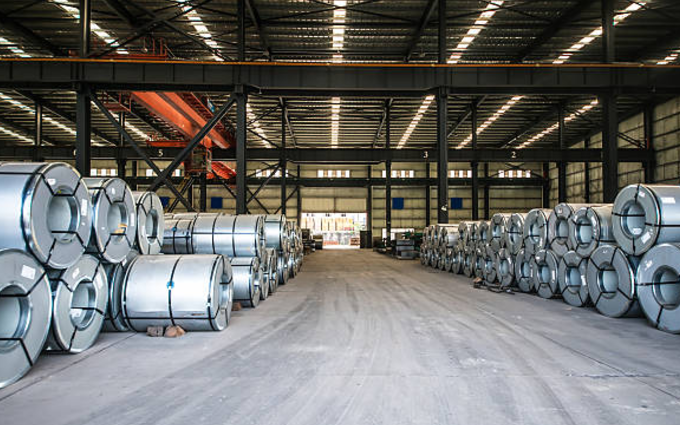
Posted on Wednesday, April 17, 2024
Steel coils are a vital component for numerous industries in Jordan, including construction, manufacturing, and infrastructure development. This guide offers comprehensive insights into the process of importing steel coils into Jordan, covering costs, tariffs, delivery, and essential considerations.
When importing steel coils into Jordan, several cost factors need to be considered:
Steel coil imports are subject to specific tariffs and regulations in Jordan. Key considerations include:
The delivery of steel coils to Jordan involves several key steps:
To ensure you receive quality steel coils, consider the following factors:
Q: Are there any import restrictions for steel coils in Jordan? A: Import restrictions are minimal, but steel coils must comply with Jordanian quality and safety standards. Additional certifications may be required depending on the type of steel.
Q: How long does it take to import steel coils to Jordan? A: Delivery timelines vary based on the supplier’s location and shipping method. Sea freight typically takes 4-8 weeks.
Q: Can I benefit from reduced tariffs under trade agreements? A: Yes, if your supplier is located in a country with a trade agreement with Jordan. Ensure the certificate of origin is included.
Q: What is the typical size of a steel coil shipment? A: Steel coil shipments vary but are commonly between 5-25 metric tons per coil.
Q: How do I ensure the coils arrive in good condition? A: Use suppliers who provide proper packaging, such as waterproof wrapping and wooden pallets, and choose a reputable shipping company.
By following this guide, you can simplify the process of importing steel coils into Jordan, ensuring cost efficiency and compliance with local regulations.

Used Purlin Roll Forming Machines for Sale Worldwide
Posted on Sunday, January 25, 2026
Pre-Owned Roll Forming Machines for Purlin & Structural Steel Profiles

Used Roof Panel Roll Forming Machines for Sale Worldwide
Posted on Sunday, January 25, 2026
Pre-Owned Roll Forming Machines for Roofing Panel Production

Used Roll Forming Machines for Sale Worldwide
Posted on Tuesday, January 20, 2026
Pre-Owned Roll Forming Machines with Inspection, Verification & Global Support

Steel Coil Supply for Roll Forming Machines Worldwide
Posted on Tuesday, January 20, 2026
Reliable Steel Coil Supply for Roll Forming, Fabrication & Manufacturing Applications
Copyright 2026 © Machine Matcher.